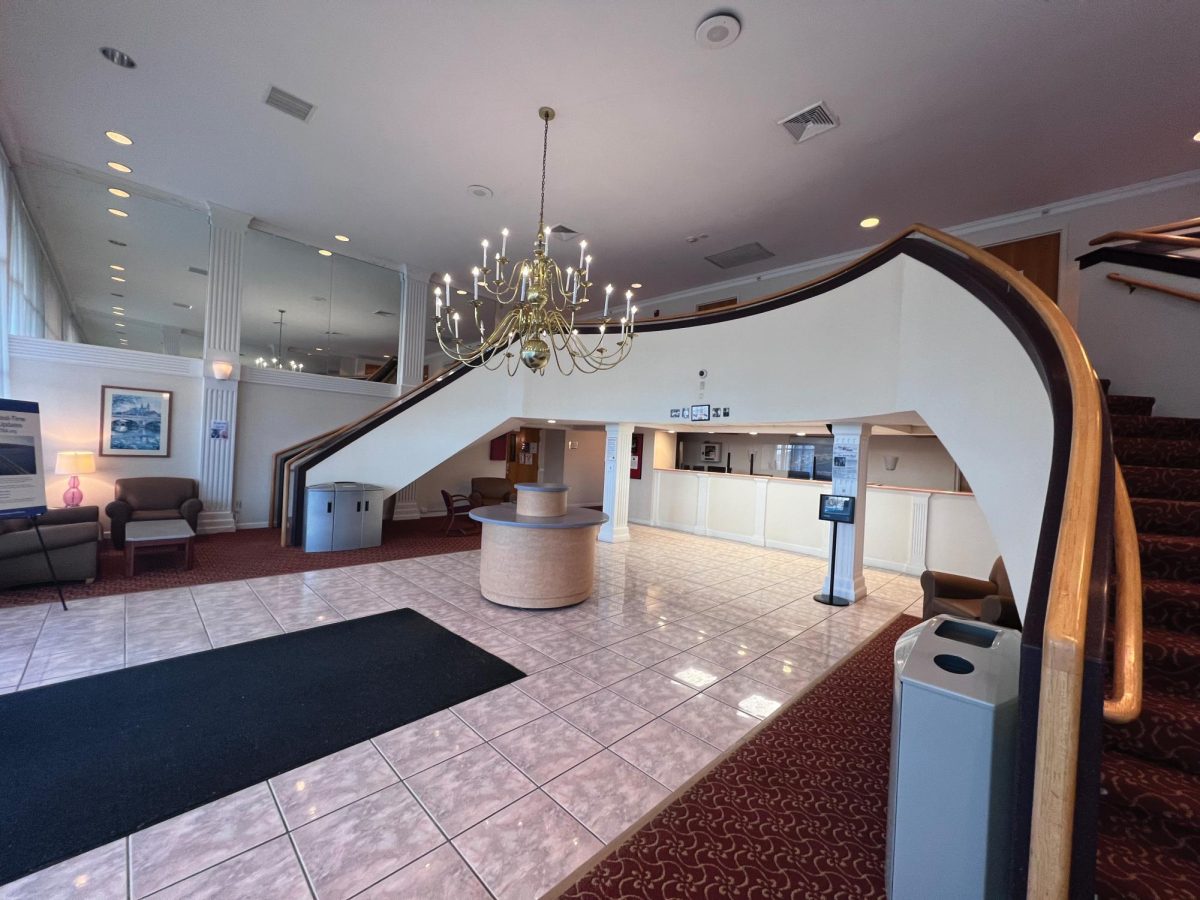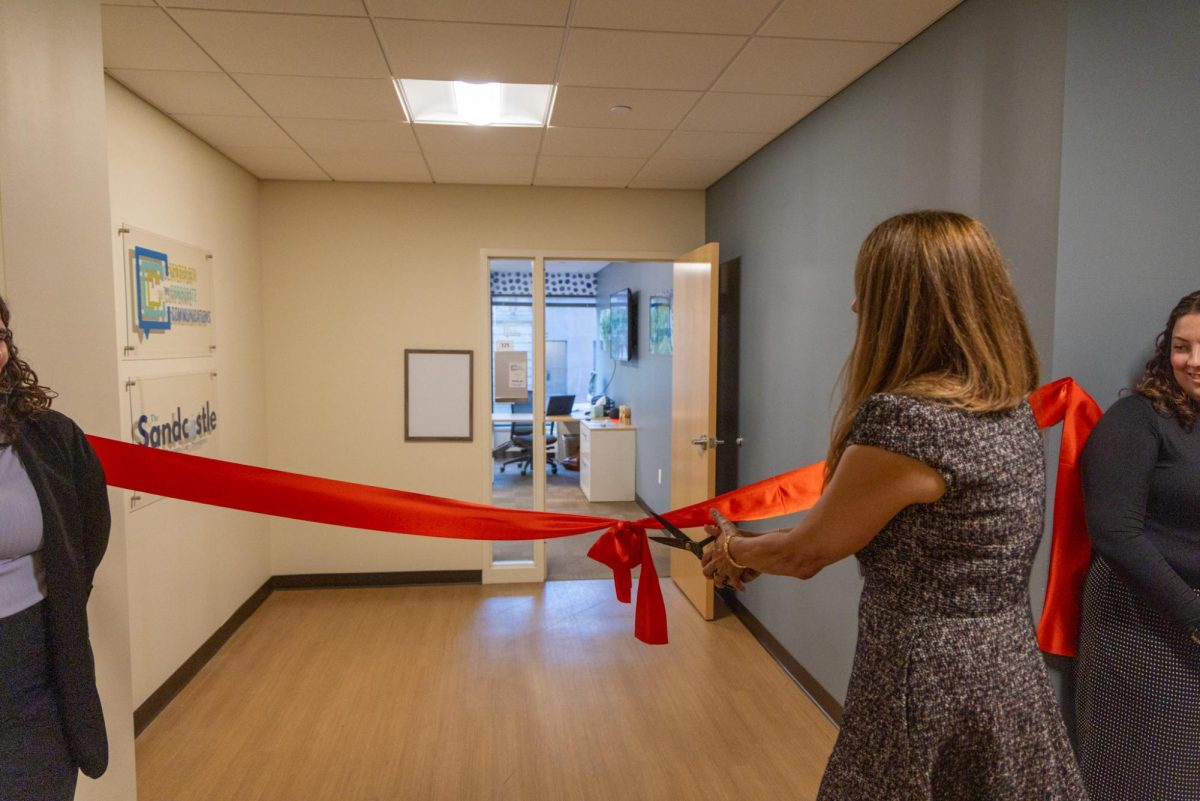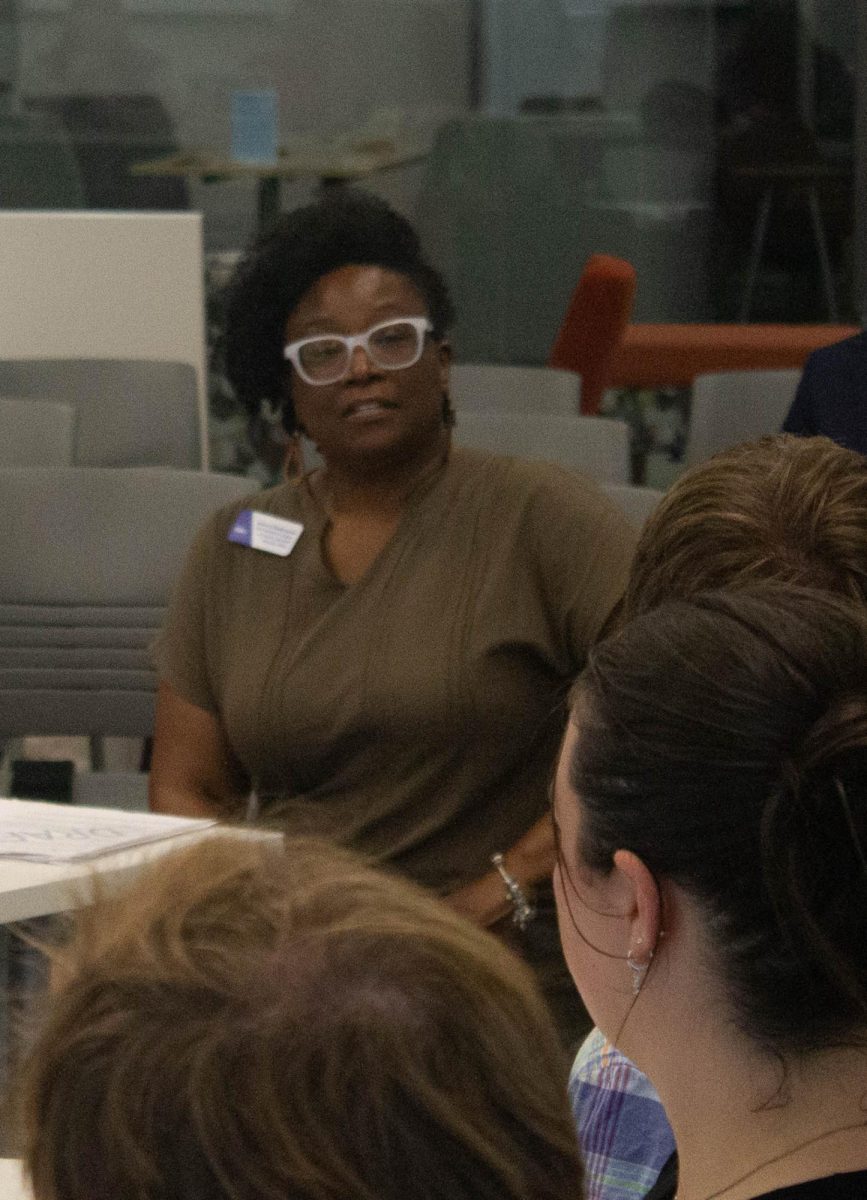Many sophomores, past and present, lived in Baypoint Residence Hall on the other side of the Mount Hope Bridge in Portsmouth since Roger Williams University first acquired the building in 2000. However, according to the Vice President for Student Life, Dr. John King, Baypoint will no longer be an option for student housing after the Spring 2024 semester.
Baypoint’s closure is not a new conversation at RWU, as it has been talked about for five to seven years, but the university was able to keep the building during the COVID Pandemic as isolation housing according to Associate Director of Residence Life and Housing, Tim Valton.
In an email to students sent on Jan. 25, King said the, “shift in [the university’s] housing program…aligns with our campus master planning goals to eventually house all of our Bristol-based undergraduates on the main campus building a stronger residential community and enhancing the Sophomore Experience.”
Valton, echoed King’s statement of the sophomore student experience, saying one of the main motivations for closing Baypoint is to “consolidate” the sophomore experience to the main Bristol campus.
Valton and King both said the closure will also help RWU’s operational logistics, costs, and help to make the shuttle service more reliable.
Valton also said the university has enough housing to accommodate everyone who would have lived in Baypoint on the main campus or in Almedia, with limited vacancies throughout the residence halls.
As of the present, there are no intentions of major changes to any of the residence halls, such as current doubles becoming triples, but Valton said changes were all dependent on numbers of residential students.
The biggest changes for the 2024-2025 school year regarding housing is that Maple and Cedar Halls will both be 100% First Year housing, and less First Year Housing in Willow and Stonewall, said Valton.
Valton does not expect returning students’ housing spaces to be affected, as the reallocation of First Year housing will allow for there to be more returning students able to live in Willow and Stonewall.
The class most affected by Baypoint’s closure are rising sophomores. As Baypoint’s maximum capacity is roughly 220 students, 90-93% of students living in Baypoint are sophomores. Additionally, people who have accommodations for singles, and have their singles in Baypoint will also be affected by these changes, said Valton.
Although the RWU Campus Masterplan calls for a new residence hall to be built, Valton said he does not believe the hall will be built within the next five to ten years, and is largely based on the new Student Center’s construction progress and enrollment numbers.
Additionally, Valton emphasized the university’s focus on student retention saying, “If we have a bifurcated experience with both Almeida and Baypoint still open, the retention rate of the sophomore class is not as predictable as we would like.”
Valton said an issue affecting the retention rate of students between their second and third year, living at Baypoint is that students did not feel connected to the campus, and that with the closure of Baypoint, it will hopefully improve students’ connection to the campus and improve retention from second to third year.
Overall, Valton said although he is sad to see Baypoint go, he thinks it will ultimately benefit the university long term with the student experience being in Bristol, more retention between second and third years, and cost savings to RWU.
“While we know that Baypoint Residential Community has been a special place to many of our residential students, we believe that this move will provide a better and more connected experience for our sophomore students going forward,” added King. “We pledge to work with students to make sure they experience the best residential community possible in Bristol.”









